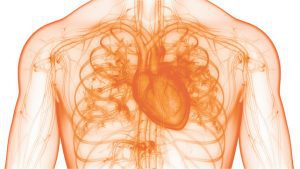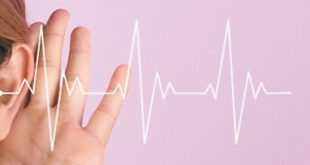By Dr. Joseph Freedman MD, MBA


AFib can also be brought on by other health conditions such as type 2 diabetes, hypertension, atherosclerosis, cardiomyopathy (seeing a lot of this due to Covid), lung and thyroid disorders, and carbon monoxide poisoning. However, not all AFib cases have a distinct cause, in fact, fit people can still develop the disorder.
Triggers and Symptoms
Some common triggers are things like smoking, excessive alcohol intake, caffeine, and being obese. Common symptoms of AFib are a fluttering sensation in the chest. Along with this symptom, fatigue, weakness, confusion, chest discomfort, dizziness, and an irregular heartbeat are also common warning indicators.
Risk of Stroke
AFib can come and go, or it can be consistent. If you have AFib, you are at a very high risk for having a stroke. Those with AFib are 5 to 7 times more likely to suffer from a stroke. Here’s why—When the atria are irregularly and rapidly beating, the blood cannot flow properly and often clots are formed. If the clot breaks loose it can travel to the brain causing a stroke and if it travels to the heart, it causes a pulmonary embolism. AFib also weakens the heart muscle. These clots can also travel to other organs in the body.
Diagnosis is critical for prevention of stroke, embolisms, and also to treat the specifics of your AFib.
Diagnostics
Cardiologist will run tests such as ECG, Holter monitors, and portable event monitors. The goal is to get your heartbeat regulated and to prevent blood clots. There are many types of treatment, depending on the severity of the cause of your AFib these could be medications, lifestyle changes, ablation procedures, closure devices, pacemakers, and surgical intervention.
If you are concerned about AFib or other heart-health issues, please see an experienced cardiologist immediately.
Joseph Freedman, M.D.
Dr. Freedman brings many years of experience as a cutting edge cardiologist specializing in the prevention, diagnosis, and treatment of all cardiac disease. He trained at the prestigious Cleveland Clinic, continually ranked #1 in Cardiovascular Care, where he focused on cardiac imaging. He achieved five board certifications in Internal Medicine, Cardiology, Comprehensive Adult ECHO, Nuclear Cardiology and Cardiac CT. During his tenure as the lead noninvasive cardiologist at Florida Medical Center in Ft. Lauderdale, he helped lead the hospital to achieve Level 5 chest pain certification, the highest designation of cardiac excellence.
This information is for educational purposes only and is not intended to replace the advice of your doctor or health care provider. We encourage you to discuss with your doctor any questions or concerns you may have.
CARDIAC CARE GROUP, LLC
3208 Chiquita Blvd S., Suite 110, Cape Coral, FL 33914
(239) 574-8463 | www.flccg.com
 Southwest Florida's Health and Wellness Magazine Health and Wellness Articles
Southwest Florida's Health and Wellness Magazine Health and Wellness Articles

